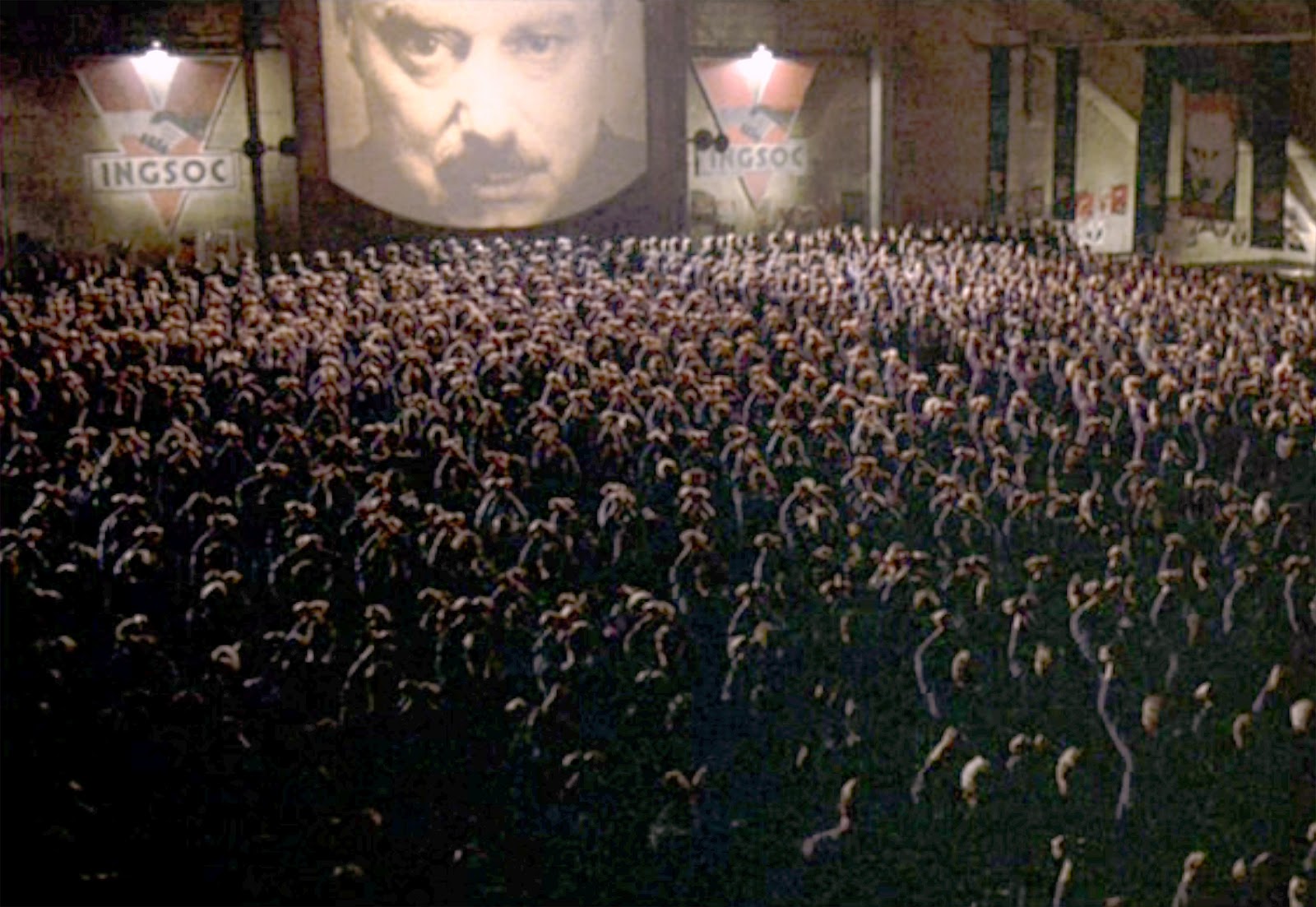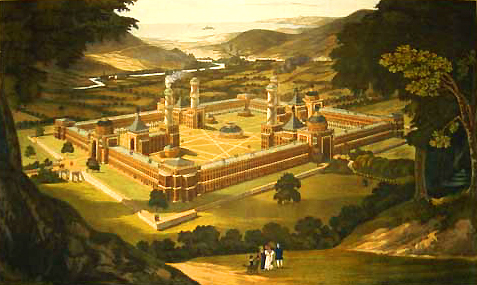Tag: prisons
-

Social Media, Public Shaming, and the Prospects for Prison Reform
Everyone always learns the wrong lesson from the Stanford Prison Experiment and the Milgram Shock Study: we always think it means that other people are horrible. We ignore the possibility that we might be horrible, too, given the right circumstances.
-

Natural Experiment on Policing Underway
We’re about to find out what would happen if policing decreased by 66%-94%: It’s not a slowdown — it’s a virtual work stoppage. NYPD traffic tickets and summonses for minor offenses have dropped off by a staggering 94 percent following the execution of two cops — as officers feel betrayed by the mayor and fear…
-
“A federal criminal investigation of Koch Industries West refinery in Corpus Christi, Texas, helped spark Charles Koch’s interest in the criminal justice system.”
Charles Koch is committed to reforming the criminal justice system: “We are not a nation of bad people. We are a nation that made some bad choices,” he said. “We’ve become addicted to severe sentences, to the point where we are mass-producing convictions in many courts, while not providing defense counsel on a timely basis.…
-

Prison Abolition, Reform, and End-State Anxieties
Recently I’ve been thinking about a book by Erin McKenna which I read as an undergraduate: The Task of Utopia: A Pragmatist and Feminist Perspective. I read it then because it promised to bridge the divide between my favorite genre, science-fiction, and my interest in philosophy. But the book profoundly changed me, and I’m always surprised…
-

Going Upstream: Prisons and the Social Determinants of Health
A couple of weeks ago, I joined with hundreds of other students and scholars at Johns Hopkins for a conference on prisons and the social determinants of health. The star of the conference was this story: One day three men were fishing in the river when they noticed a baby floating towards them. Two of the men jumped…
-
The Conservative War on Prisons, etc.
Via Metafilter’s kliuless (who definitely has a kliu): The Conservative War on Prisons: “Right-wing operatives have decided that prisons are a lot like schools: hugely expensive, inefficient, and in need of root-and-branch reform. Is this how progress will happen in a hyper-polarized world?” Raise The Crime Rate: “Statistics are notoriously slippery, but the figures that suggest that…
-
Status Emotions and Punishment
I haven’t written much about status emotions, recently, but I came across one of my favorite Facebook memes and remembered again how central it seems. I don’t endorse the misogyny here, but it perfectly describes the way that fundamental attribution bias transforms resentment into contempt, and thus leads, in my view, to both epistemic and…
-
What is “Public Philosophy”?
My department invited Sharon Meagher to do a seminar last Friday on how to redirect our energies towards “public philosophy.” Meagher has a great textbook for introducing philosophy through an exploration of urban issues that offers a situated approach to philosophical inquiry, and she’s done a lot of work trying to organize and advocate for…
-
Dom and I drop some more “science” on crime
Sentiments of Rationality is at it again. Dom seems to have convinced himself that conservatives are actually right about criminal justice, since they care about victims and safety more than liberals, and trust their authority figures. He goes on to suggest electric shocks in order to speed punishment and reduce incarceration time. Here’s the gist:…